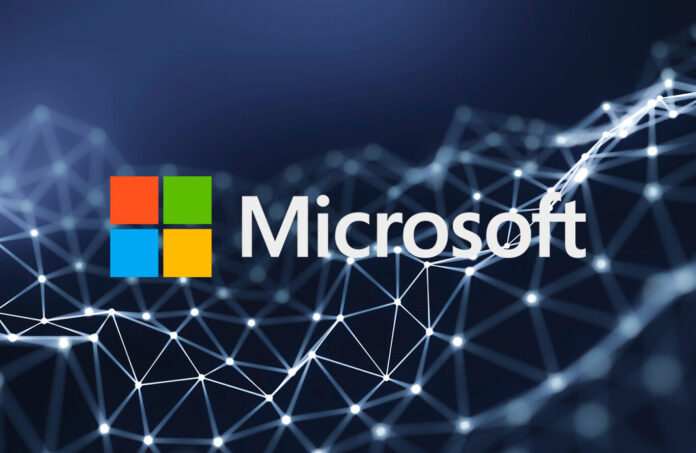In a legal battle centered around Elon Musk’s accusations of deceit, both Microsoft and OpenAI are pressing for the dismissal of a lawsuit filed by Musk, who claims that the companies misled him by converting OpenAI, the developer behind ChatGPT, into a private entity. This legal action follows Musk’s assertions that he and other investors were swindled by promises made during the early stages of their involvement in OpenAI.
On Thursday, both Microsoft and OpenAI filed separate briefs to dismiss the third iteration of Musk’s complaint, which accuses them of breaching agreements and making false promises regarding the nonprofit status of OpenAI.
OpenAI’s Motion to Dismiss
OpenAI’s legal team presented its case to the California court, emphasizing that Musk had been given multiple opportunities to substantiate his claims. The company stated that Musk’s third complaint still failed to provide a valid legal basis for his allegations. OpenAI’s brief asserts: “Now on his third complaint, Musk still cannot plead a contract or a fraudulent promise,” arguing that Musk’s assertions about his charitable donations being “quid pro quo” arrangements are not supported by any factual evidence.
OpenAI further contends that Musk has not shown that any promises made to him were knowingly false when they were made, which undermines his allegations of fraud. The company has requested that the court dismiss Musk’s claims with prejudice, asserting that the lack of solid evidence makes the lawsuit untenable.
Microsoft’s Defense
Microsoft, which was added as a defendant in the lawsuit shortly after it was filed, has also moved for dismissal. The company denies any involvement in the alleged promises Musk claims were made, stating that the lawsuit lacks any credible evidence suggesting Microsoft had knowledge of or engaged in any misconduct related to the conversion of OpenAI to a for-profit model. Microsoft argues that Musk’s claims, at best, suggest that the company should have been aware of emails and terms that were unrelated to Microsoft, but that this does not provide a factual basis for the lawsuit.
“Not being able to pinpoint that Microsoft knew about any of the alleged wrongs is fatal to Musk’s claims,” Microsoft stated in its brief, urging the court to dismiss the case.
Background of the Lawsuit
Musk initially filed the lawsuit in March 2024 in California state court, accusing OpenAI and its CEO Sam Altman, a former business partner of Musk, of misleading investors by transitioning OpenAI from a nonprofit to a private entity. Musk contends that this move violated the terms under which investors, including himself, contributed funds to OpenAI, under the assumption that the company would remain a public-benefit organization.
Musk compared the situation to soliciting funds for environmental conservation, only to use the money for unrelated for-profit ventures. The case was moved to federal court after Musk withdrew the state case in June 2024. Microsoft was added as a defendant in November 2024, with Musk alleging that the tech giant played a role in the decision to privatize OpenAI and eliminate competition in the AI market.
Future Developments
The legal dispute has attracted significant attention, as Musk’s AI company, xAI, directly competes with OpenAI’s ChatGPT. The lawsuit is currently scheduled for trial in March 2026. In response, OpenAI countersued Musk in early 2025, accusing him of “relentless” harassment and claiming that his actions have caused significant harm to the company. OpenAI also alleged that Musk attempted a “sham bid” for the company’s assets, offering $97.4 billion in what they argue was an effort to destabilize the organization.
Legal Representation
OpenAI is represented by Jordan Eth, William Frentzen, and David J. Wiener of Morrison Foerster LLP and William Savitt, Bradley R. Wilson, Sarah K. Eddy, and Nathaniel Cullerton of Wachtell Lipton Rosen & Katz. Microsoft is represented by Russell P. Cohen and Nisha Patel of Dechert LLP. Elon Musk is represented by Marc Toberoff and Jaymie Parkkinen of Toberoff & Associates PC.



